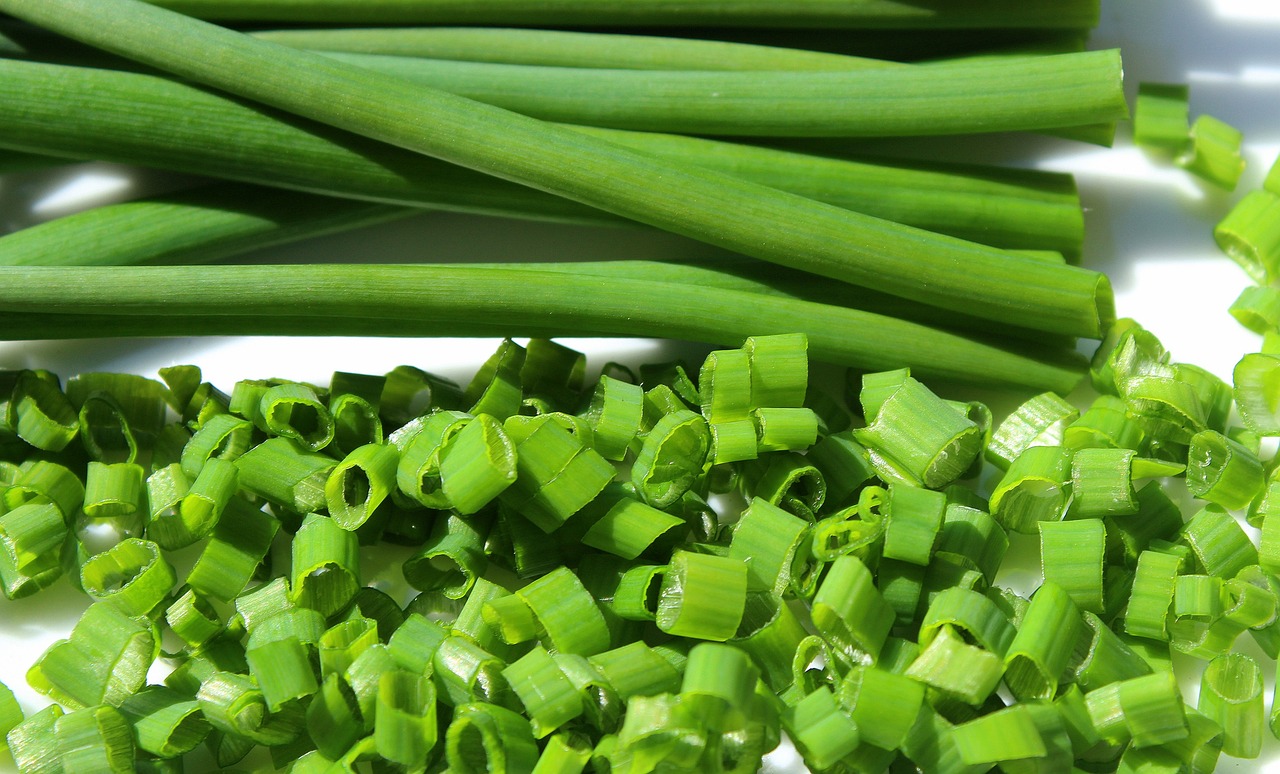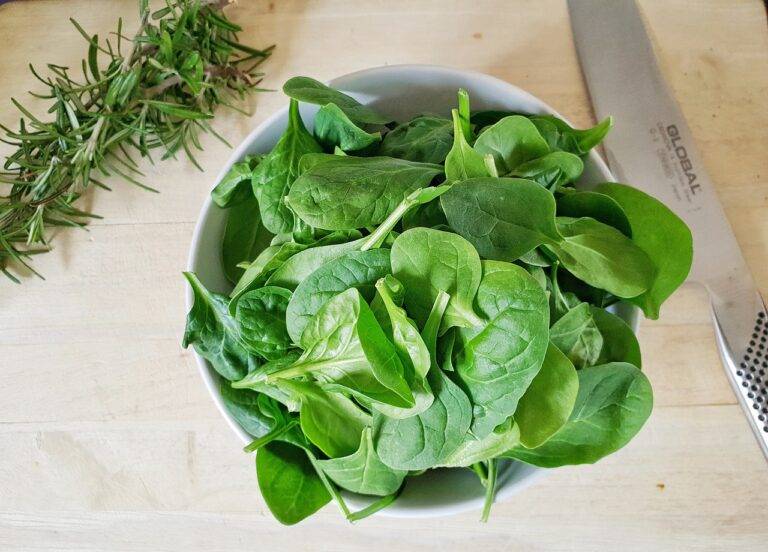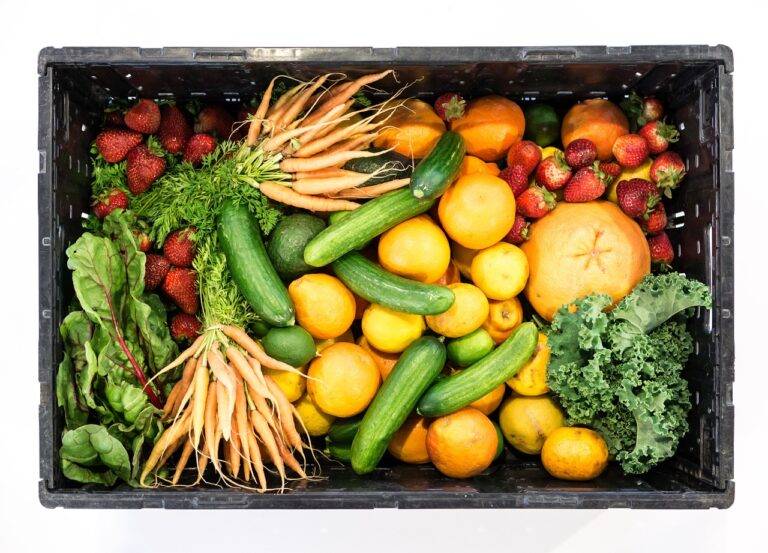A Guide to Cooking with Exotic Fruits and Vegetables
Exotic fruits and vegetables are not only a feast for the eyes but also for the taste buds. Their vibrant colors, unique flavors, and diverse textures can add excitement and variety to your daily meals. Incorporating exotic produce into your diet can introduce you to new and tantalizing taste sensations that may not be found in traditional fruits and vegetables.
Moreover, exotic fruits and vegetables are often packed with essential nutrients and antioxidants that are beneficial for your overall health. From the vitamin C-rich acerola cherry to the fiber-packed dragon fruit, these exotic gems can provide a boost to your immune system, improve digestion, and help maintain a healthy weight. By including a variety of exotic fruits and vegetables in your diet, you can infuse your meals with a nutritional punch while expanding your palate.
Tips for Selecting the Best Exotic Produce
When selecting exotic produce, it is essential to first consider the appearance and feel of the fruit or vegetable. Look for vibrant colors, firm textures, and minimal blemishes. A visually appealing piece of exotic produce is likely to taste better and be fresher.
Additionally, don’t hesitate to ask the store staff for guidance on selecting the best exotic fruits and vegetables. They are often knowledgeable about the different varieties available and can provide recommendations based on ripeness and flavor. Remember that experimentation is key when trying out new exotic produce, so don’t be afraid to step out of your comfort zone and try something new.
Why should I consider incorporating exotic fruits and vegetables into my diet?
Exotic produce tends to offer a unique and diverse range of nutrients that may not be found in common fruits and vegetables. This can help enhance your overall well-being and provide a variety of flavors to your meals.
How can I determine if an exotic fruit or vegetable is ripe and ready to eat?
When selecting exotic produce, look for signs of ripeness such as vibrant colors, a fragrant aroma, and a slight give when gently pressed. You can also ask a produce expert at the store for guidance.
Are there any specific tips for storing exotic fruits and vegetables to maintain their freshness?
Exotic produce can vary in their optimal storage conditions, but generally, it is best to store them in a cool, dry place away from direct sunlight. Some fruits like mangoes and pineapples can be stored at room temperature until ripe, while others like berries and leafy greens should be refrigerated.
What are some common ways to enjoy exotic fruits and vegetables in culinary dishes?
Exotic produce can be incorporated into a variety of dishes, from salads and smoothies to stir-fries and desserts. Experiment with different cooking techniques and flavor combinations to fully appreciate the unique qualities of these fruits and vegetables.





